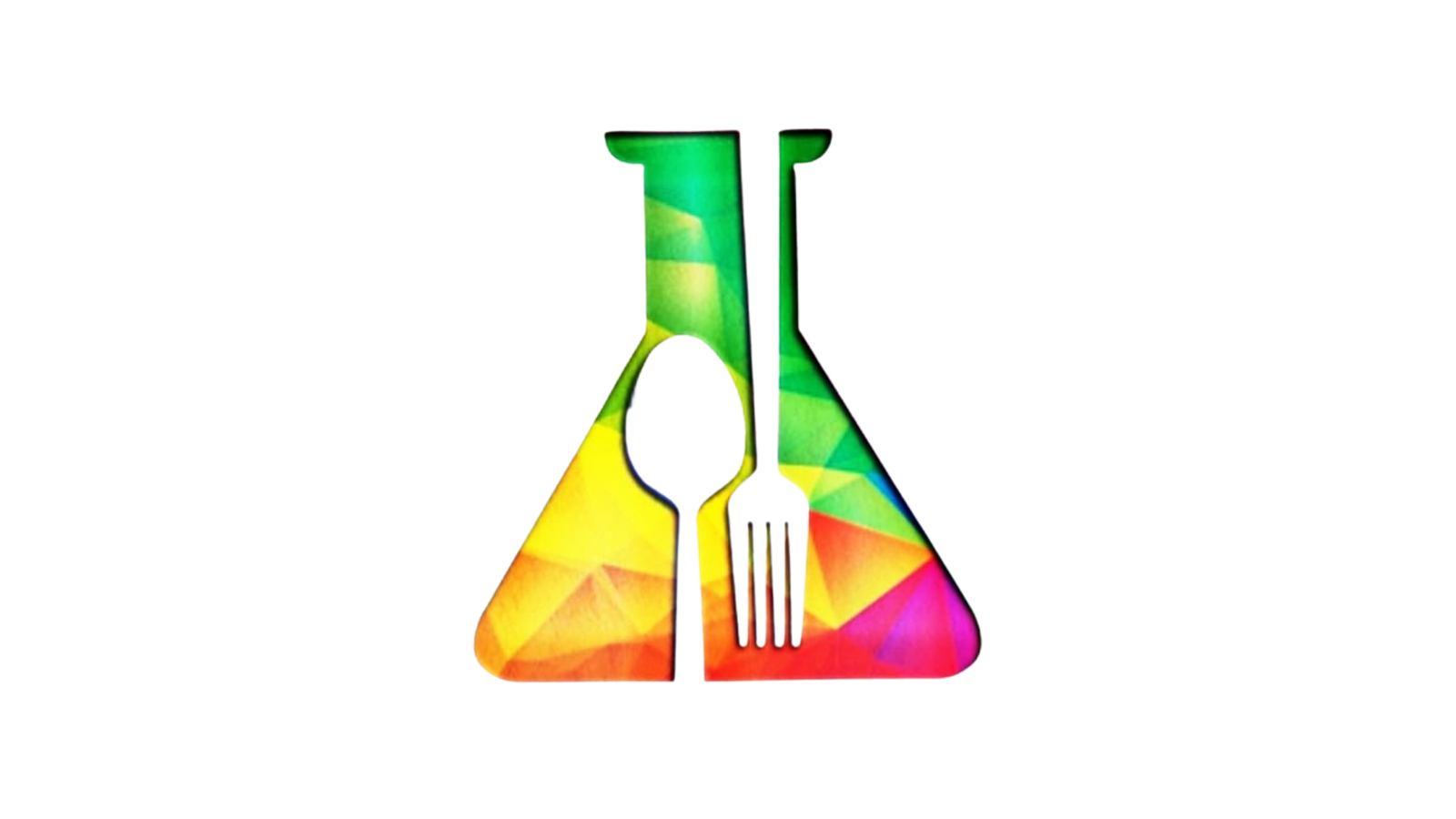Q . Main causes of allergy
- Food additive
- Artificial chemical
- Pesticides
- All of the above
Answer: d)
Many people have uncomfortable reactions to various foods, and this is often considered to be due to food additives and other artificial chemicals, such as pesticide residues, rather than to the food itself. This discomfort is usually called allergy by nonmedical persons, but there are also nurses and doctors who use the term allergy when they mean various kinds of untoward reactions to foods without knowing the mechanisms of such reactions.
Q. Additive are
- High molecular weight
- Low molecular weight
- All of the above
- None of the above
Answer: b)
Additives are usually low molecular weight chemicals, unlike many high molecular weight proteins which are potent allergens. There is very little evidence of an immunological basis in reactions caused by food additives.
Q. Some low molecular weight additives can act as haptens and convert to allergens only after they bind to some carrier protein they are particularly
- Azo dyes
- Tartrazine
- Both a and b
- None of these
Answer: c)
Some low molecular weight additives can act as haptens and convert to allergens only after they bind to some carrier protein (Chafee and Settipane, 1967). In particular, it has 46 Food Additives and Hypersensitivity 47 been suggested that azo dyes act in this way. The same phenomenon is observed with drugs or frequently with their metabolites. Experimentally, the existence of IgE antibodies against tartrazine has been demonstrated by Moneret-Vautrin et al. (1979) but not by other investigators. There is no evidence that untoward reactions to food colors are mediated through specific IgE antibodies normally implicated in type I allergic reactions (Miller, 1985), with the exception of carmine, a natural red dye .
Q. Phenylamine is present in small amount in
- Milk
- Curd
- Cheese
- Butter milk
Answer: c)
It is present in small amounts in many cheeses and wines and in very low concentration also in chocolate. Ingestion of phenylethylamine may lead to headaches.
Q. Sodium nitrite act as antimicrobial agent in
- Milk
- Bread
- Cheese
- Meat
Answer: d)
Sodium nitrite is used as an antioxidant and antimicrobial agent in various foodstuffs, such as cooked pork meats. The authorized and widely accepted daily dose is 0.2 mg/kg.






